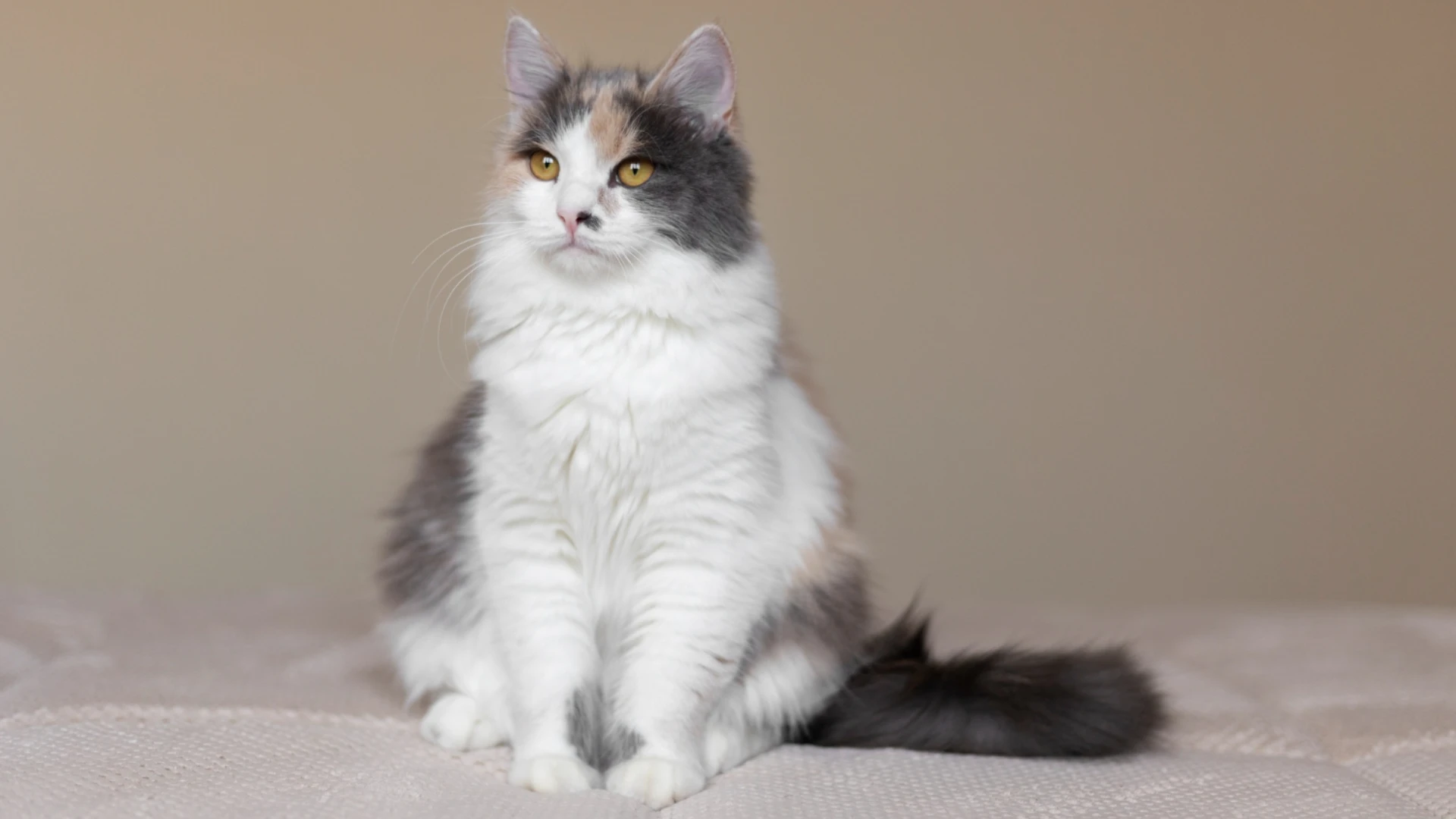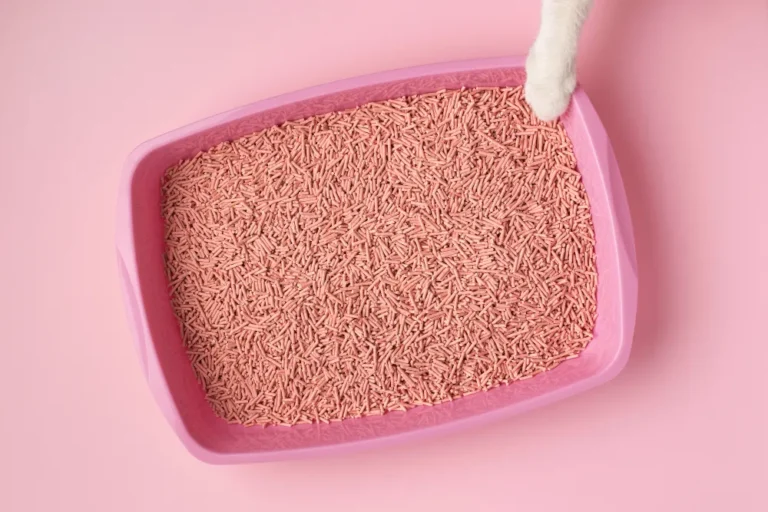
Post-Delivery Care of a Cat and Kittens
A newborn kitten and its mother require care in terms of health, cleanliness, necessary treatment, and many other aspects. You should pay special attention to the mother of the kittens because if the mother is healthy, the kittens will have no difficulty growing up.
Setting Up a Safe Place
Setting up a safe place is necessary for newborn kittens and their mother because:
- Newborn kittens are completely dependent on their mom for survival, including warmth, nourishment, and protection.
- They cannot regulate their own body temperature, so a secure, quiet, and warm environment is essential for their health and development.
- The mother cat needs a lot of rest for the first few days after giving birth, so a safe place should be provided for her to get the rest she needs.
- A safe place ensures the mother cat can feed her kittens properly.
Feeding and Nutrition
For Kittens:
- Kittens usually drink their mother’s milk for four to six weeks, but they can be weaned as early as three weeks.
- They typically start eating solid food by eight to ten weeks old.
- For three to four weeks, kittens get all the nutrients they need from their mother’s milk.
- For the health of the kittens, you need to ensure that their mother feeds them properly.
For the Kitten’s Mother:
After giving birth, the cat can become very weak and malnourished, so it is important to feed her a nutritious diet.
Energy-Dense Foods
Nursing cats need energy-dense food because they have high energy needs. This is especially true during nursing, which is the most energy-demanding stage of a cat’s life. Here are some energy-dense foods that you can feed your cat:
- Meat
- Fish
- Eggs
- Chicken
- Beef
- Fish oil
- Turkey
Water
- Water is important for a mother cat because it helps her stay hydrated and healthy.
- You should provide enough fresh water for her at all times.
Monitoring the Kittens
You should pay special attention to newborn kittens.
Ensuring Proper Feeding
- For the first few weeks, kittens cannot eat anything but milk.
- A cat’s milk contains all the necessary nutrients for kittens.
- If the kittens do not get enough milk, they will not grow properly.
Providing Proper Heat
- Newborn kittens take time to acclimate to their environment.
- Keeping them warm helps them feel safe.
- You need to make sure that the place where you keep the kittens is warm and cozy.
Cleaning
Keeping the kittens clean is very important for their health. Most of the time, the mother cat keeps the kittens clean. However, if she is unable to do so, you must clean them yourself.
How to Clean Newborn Kittens
✅ Never bathe a newborn kitten, as it can cause fever.
✅ You can clean them by soaking a cloth in lukewarm water and gently wiping their body.
✅ Be careful not to soak the kittens too much while cleaning.
Veterinary Care
A mother cat should receive veterinary care for her health needs, and you should also take her kittens for regular checkups.
After delivery, the mother cat may develop some postpartum diseases. You may need to consult a veterinarian for treatment. Below are some common diseases:
1. Metritis
- Cause: A bacterial infection in the uterus, which can occur after delivery, miscarriage, or abortion.
- Signs: Fever, lethargy, and a foul-smelling vaginal discharge.
2. Mastitis
- Cause: A bacterial infection of the milk ducts, which can inflame and block the mammary glands.
- Signs: Swollen, hot, red, and painful nipples. In such cases, the mother cat may refuse to feed her kittens.
3. Eclampsia (Milk Fever)
- Cause: Calcium deficiency, which can develop after delivery.
- Signs: Convulsions, muscle tremors, excessive wheezing, and restlessness.
Hygiene and Cleaning
Hygiene and cleaning are necessary for a cat and her kittens after delivery.
How to Keep Your Cat Clean
✔️ Minimal Cleaning: Cats are usually good at cleaning themselves after giving birth, so only intervene if needed.
✔️ Bathing: Wait 2-3 days before bathing your cat to allow her cervix to close.
✔️ Using a Warm, Damp Cloth: Gently wipe around the vaginal area with a warm, damp washcloth.
✔️ Cleaning the Area: Thoroughly clean the birthing area to prevent germs from spreading.



